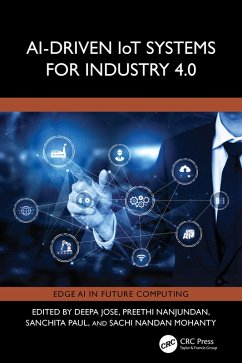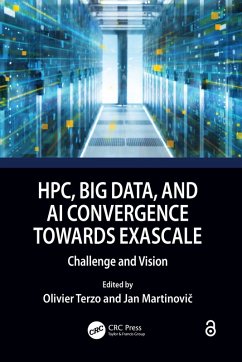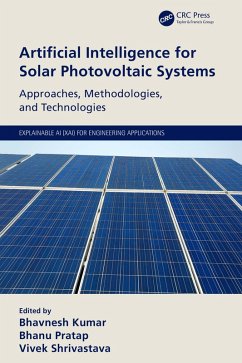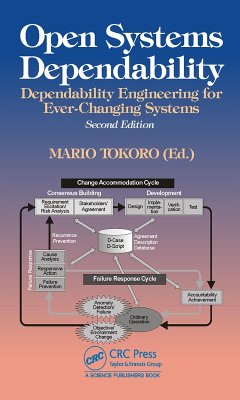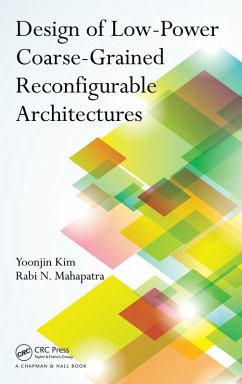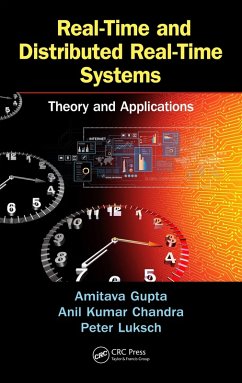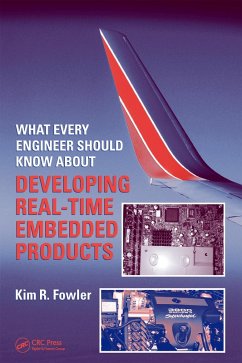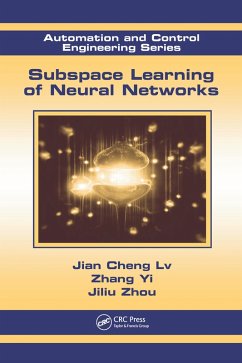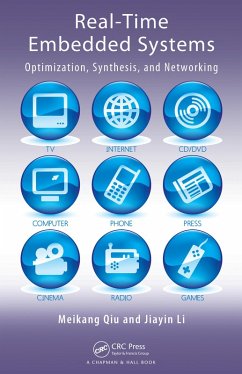Dr. Simar Preet Singh, presently an Assistant Professor at School of Computer Science Engineering and Technology (SCSET), Bennett University, Greater Noida, Uttar Pradesh is also a Microsoft Professional. Apart from this he is also having certifications like Microsoft Certified System Engineer (MCSE), Microsoft Certified Technology Specialist (MCTS) and Core Java. He had also undergone training programme for VB.Net and Cisco Certified Network Associates (CCNA). He has worked with Infosys Limited, DAV University, Jalandhar, Chandigarh Group of Colleges, Landran, Mohali and GNA University, Phagwara. He also has International Trip and International Project to his name. He has published SCI/SCIE/Scopus-Indexed papers. He has presented many research papers in various National and International Conferences in India and abroad. In addition to these, he is an Editor of multiple books and also has Patents to his name. His areas of interests include Cloud Computing, Fog Computing, IoT, Bigdata and Machine Learning. Dr. Arun Solanki is working as Assistant Professor in the Department of Computer Science and Engineering, Gautam Buddha University, Greater Noida, India where he has been working since 2009. He has worked as Time Table Coordinator, member Examination, Admission, Sports Council, Digital Information Cell, and other university teams from time to time. He has received M.Tech. Degree in Computer Engineering from YMCA University, Faridabad, Haryana, India. He has received his Ph.D. in Computer Science and Engineering from Gautam Buddha University in 2014. He has supervised more than 60 M.Tech. dissertations under his guidance. His research interests span Expert System, Machine Learning, and Search Engines. He has published many research articles in SCI/ Scopus indexed International journals/conferences like IEEE, Elsevier, Springer, etc. He has participated in many international conferences. He has been a technical and advisory committee member of many conferences. He has organized several FDP, Conferences, Workshops, and Seminars. He has chaired many sessions at International Conferences. Arun Solanki is working as Associate Editor in International Journal of Web-Based Learning and Teaching Technologies (IJWLTT)" IGI publisher. He has been working as Guest Editor for special issues in Recent Patents on Computer Science, Bentham Science Publishers. Arun Solanki is the editor of many Books with a reputed publisher like IGI Global, CRC and AAP. He is working as the reviewer in Springer, IGI Global, Elsevier, and other reputed publisher journals. Dr. Anju Sharma is currently working with Punjab State Aeronautical Engineering College Patiala, a Constituent College of Maharaja Ranjit Singh Punjab Technical University, Bathinda. Her research interests include Smart Grid computing, Cloud computing, Internet of Things (IoT) and Fog computing. She has varied numbers of publications in International Journals and Conferences of repute. She is Senior Member of IACSIT (Senior Member of International Association of Computer Science and Information Technology) and professional member of ACM India, IEEE. She is an active member (TCM and Reviewer) of varied conferences. Dr. Zdzislaw Polkowski is adjunct professor of The Karkonosze State University of Applied Sciences in Jelenia Góra, Poland. Also he is professor of UJW at Faculty of Technical Sciences and Rector's Representative for International Cooperation and Erasmus+ Program at the Jan Wyzykowski University Polkowice. Since 2019 he is also Adjunct Professor in Department of Business Intelligence in Management, Wroclaw University of Economics and Business, Poland. Moreover, he is visiting professor in Univeristy of Pitesti, Romania, WSG University Bydgoszcz, Poland and adjunct professor in Marwadi University, India. He is the former dean of the Technical Sciences Faculty during the period 2009 -2012 at UZZM in Lubin. He holds a PhD degree in Computer Science and Management from Wroclaw University of Technology, Post Graduate degree in Microcomputer Systems in Management from University of Economics in Wroclaw and Post Graduate degree IT in Education from Economics University in Katowice. He obtained his Engineering degree in Computer Systems in Industry from Technical University of Zielona Gora. He has published more than 120 papers in journals, 25 conference proceedings, including more than 55 papers in journals indexed in the Web of Science, Scopus, IEEE. Dr. Polkowski is co-editor of 7 books which have been published in Springer and CRC Press Taylor & Francis. He served as a member of Technical Program Committee in many International conferences, journals in Poland, India, China, Iran, Syria, United Kingdom, Romania, Turkey and Bulgaria. Till date he has delivered over 60 invited talks at different international conferences across various countries. He is also the member of the Board of Studies and expert member of the doctoral research committee in many universities in India. He is also the member of the editorial board of several journals and served as a reviewer in a wide range of international journals. His area of interests includes IT in Business, IoT in Business and Education Technology. He has successfully completed a research project on Developing the innovative methodology of teaching Business Informatics funded by the European Commission. He also owns an IT SME consultancy company in Polkowice and Lubin, Poland. Rajesh Kumar is currently working as Professor in Computer Science and Engineering Department, Thapar Institute of Engineering and Technology, Patiala. He obtained his Ph. D. degree from IIT Roorkee in 1993. During the last 24 years of service in Thapar Institute of Engineering and Technology, he has served at various distinguished positions. He has more than 25 years of UG & PG teaching and research experience. He has over 110 publications in various International and National Journals with 1800+ citation and Google H index 23. He has so far guided 13 Ph. D. and 25 M.E./M.Sc. theses. His current research interests include FANETs, Machine Learning, IoT, and Cloud & Fog Computing.






